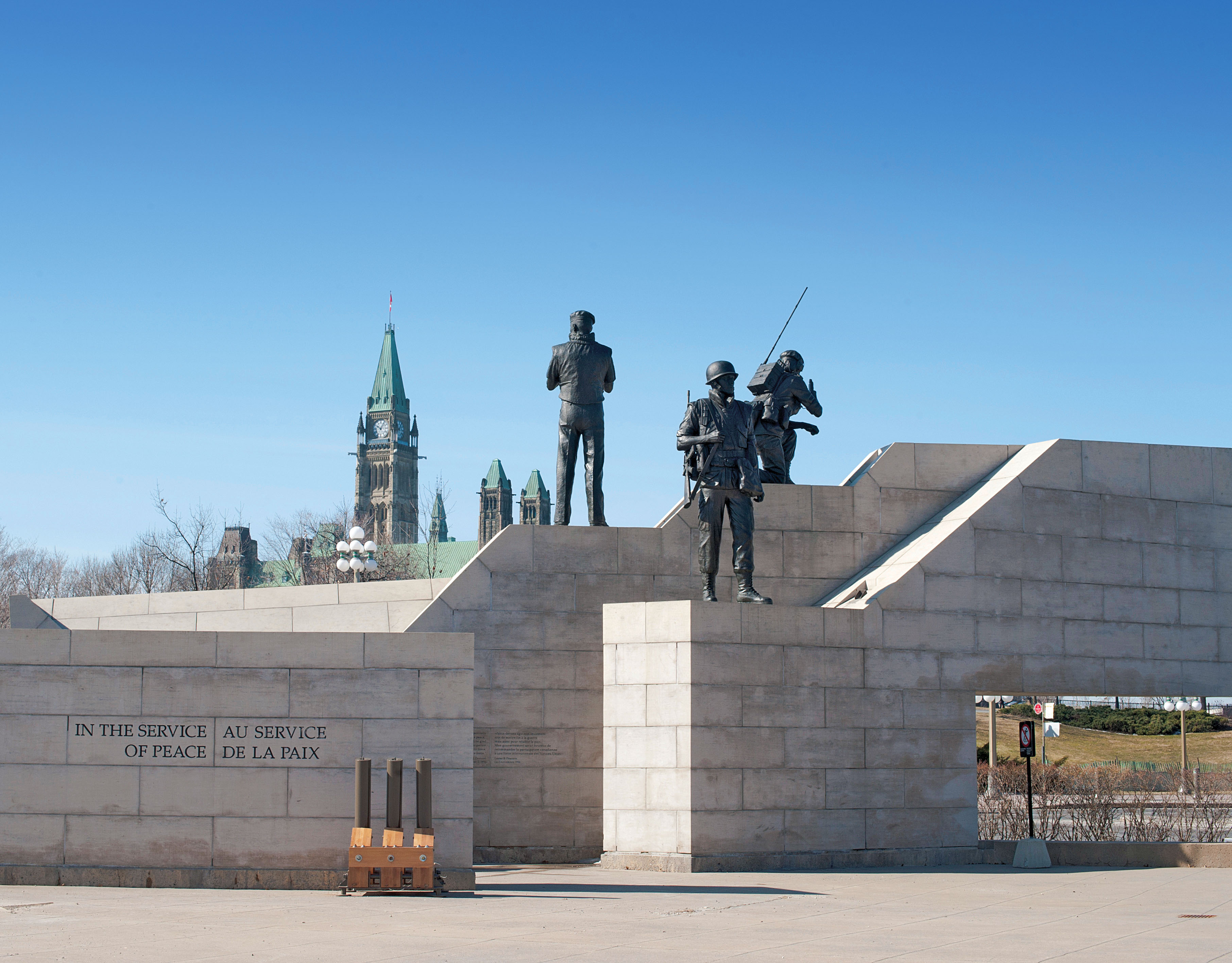In late February, the Washington Post published an extensive story on “peacekeeper babies” in the Central African Republic. These are the children of sexual assaults perpetrated on local women by troops serving with the United Nations. These assaults are being investigated by the UN, which has uncovered other cases of malfeasance in other UN missions.
The perpetrators have been described by one UN official from Gabon as “trash.” And although they most certainly do not represent the majority of peacekeepers spread around the world today, their existence should raise a note of caution to our government, which insists that Canada should re-enter the world of UN peacekeeping it largely left in the 1990s.

Among a certain set of Canadian political leaders, defence commentators and peace-oriented non-governmental organizations, there is a nostalgic desire to return Canada to what they see as the glory days of blue-helmeted Canadian troops, driving white-painted vehicles with “UN” emblazoned on the side. These were the days when Canadians kept Israelis apart from Egyptians, and Turkish Cypriots apart from Greek Cypriots, in good Canadian “honest broker” manner.
The Peacekeeping Monument in Ottawa is strongly representative of the good deeds and the sacrifices of those many Canadian soldiers who performed in such missions from 1957 to roughly the mid-1990s. Many Canadians served honestly and honourably in those missions, and too many were killed, wounded, or psychologically scarred. But the UN peacekeeping missions of today are of an entirely different nature, and so are many, if not most, of the soldiers who serve in those missions.
What is now termed “classical” or “Pearsonian” peacekeeping, first tried with the United Nations Emergency Force (UNEF) along the Israeli-Egyptian border beginning in 1957, was undertaken under Chapter 6 of the UN charter. Its aim was to separate antagonists who had fought a war but now wanted someone to police a ceasefire to which both sides had agreed. Canada did dozens of those missions, in part because Canadian Minister of External Affairs Lester B. Pearson was heavily involved in creating UNEF (and won a Nobel Peace Prize in so doing), but also because Canada, in effect, represented NATO on those missions. In those days, Canada would almost always represent “Western” interests, Poland represented the Warsaw Pact, and a neutral country such as Sweden or India represented the non-aligned world.
UN peacekeeping isn’t like that anymore. In Africa, UN troops are sent to safeguard civilians in zones torn apart by civil war perpetrated by radical Islamist terror groups such as Boko Haram. In those missions, UN soldiers come under fire and are often killed.
Nor are those soldiers much like the contingents Canada stood beside in the 1970s and ’80s–well armed, well trained, and with a strong sense of obligation toward the civilians in their operating zones. There were always a few exceptions—and one horrific example is the Somalia Affair, when four Canadian soldiers were convicted of offences related to the death of Somali teenager Shidane Abukar Arone. Canada has always striven to field professional forces that reflect Canadian values and practices.
So if today’s government is serious, it simply must take new circumstances into account. Canadians should only be deployed alongside other national contingents whose troops are well armed and trained, know the laws of war, and represent countries that hew to democratic values.
And learning from Afghanistan, they should have fast medevac capability, ability to deploy or call in heavy weapons, have solid lines of supply and communication, and operate under a clear chain of command. A field commander looking for instant response should not end up calling the UN only to get voice mail promising a return call when the office reopens on Monday morning.
Without any of these conditions, Canadian troops will, sooner or later, be victims of a nostalgic view of the world that no longer represents any political reality.
Keep informed on Canada and today’s front lines issues, subscribe here. Only $9.49 for 6 issues!
Advertisement














